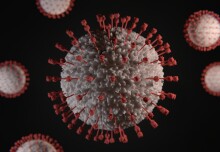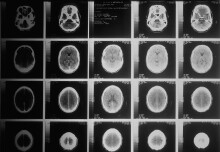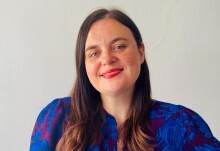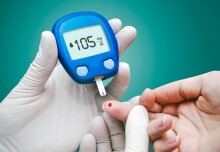

News in Brief
Pollinator tracking and decoding obesity: News from the College
Here’s a batch of fresh news and announcements from across Imperial.



Pollinator tracking and decoding obesity: News from the College
Here’s a batch of fresh news and announcements from across Imperial.


Study shows real-world COVID-19 vaccine response in vulnerable patient groups
Data from the OCTAVE study show for the first time COVID-19 vaccine responses for people with immunocompromised or immunosuppressed conditions.


Cardio models and science celebrations: News from the College
Here’s a batch of fresh news and announcements from across Imperial.


Feature
‘When I think about the burden of sickle cell disease - it keeps me up at night’
For World Sickle Cell Day we interview Prof Julie Makani on her career so far, African science and the growing interest in Sickle Cell Disease.


Feature
In conversation: Mental Health and Stigma with HIV, where are we 40 years on?
In this podcast series, we explore the experience of living with HIV and current research at Imperial on mental health and future treatment options.


Imperial’s dementia research institutes secure £30 million funding
The two centres based at Imperial, which are part of the UK Dementia Research Institute, have received funding for the next five years.


Meet Imperial’s exciting women-led startups
Five groundbreaking startups founded by women students and alumni from Imperial have been selected as finalists for the WE Innovate programme.


New research to track sleep with innovative sensor to help diagnose dementia
Researchers at Imperial, UK Dementia Research Institute, UCL and Newcastle University will develop technology to identify people at risk of dementia.


New report finds action is required to protect UK health research
A new report from the Academy of Medical Sciences has outlined that the UK needs to do more to retain its exceptional strengths in health research.


Q&A: Does diabetes mean worse outcomes for cancer patients?
Diabetes is a known risk factor for developing cancer, but could it also predict how cancer patients respond to treatment?